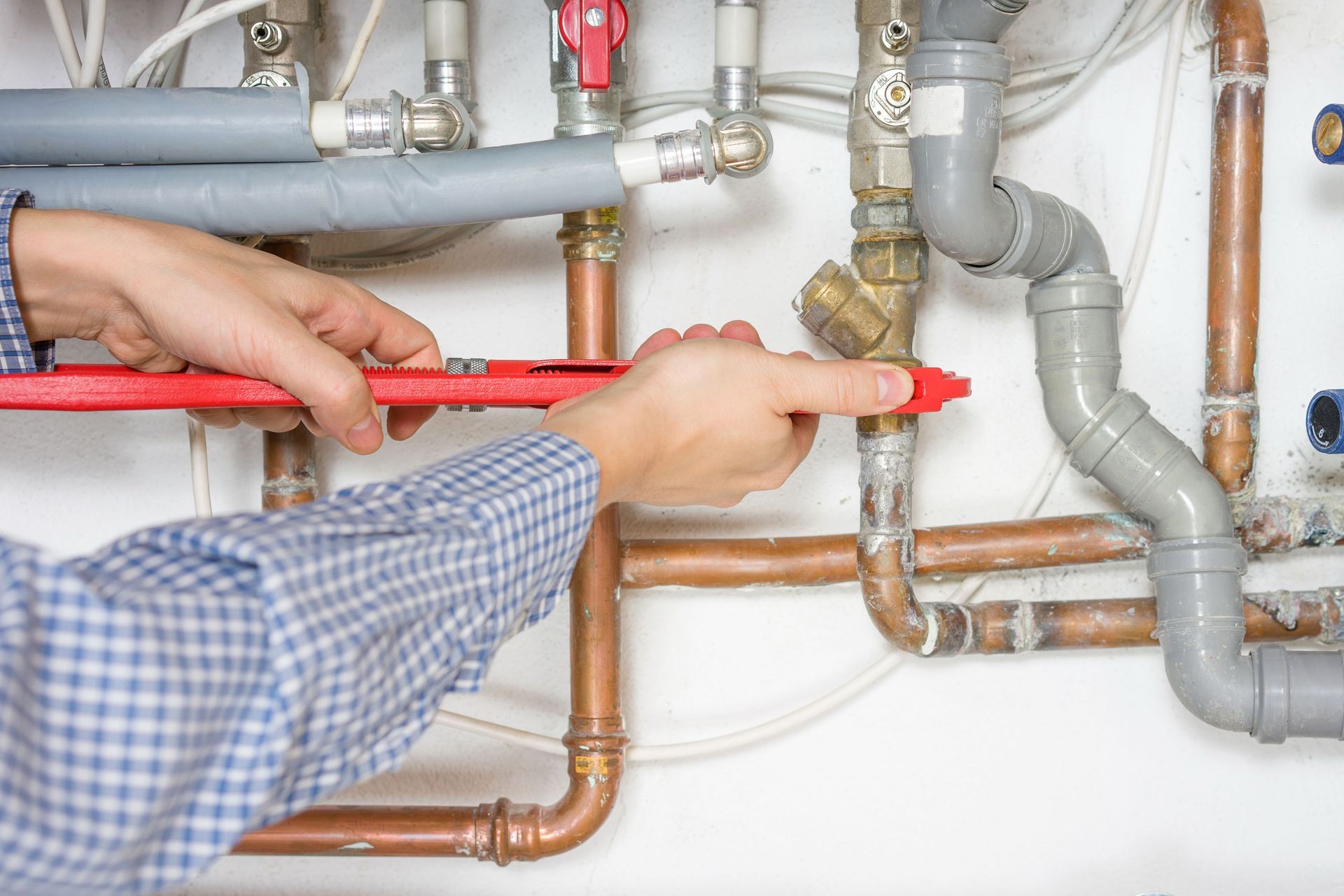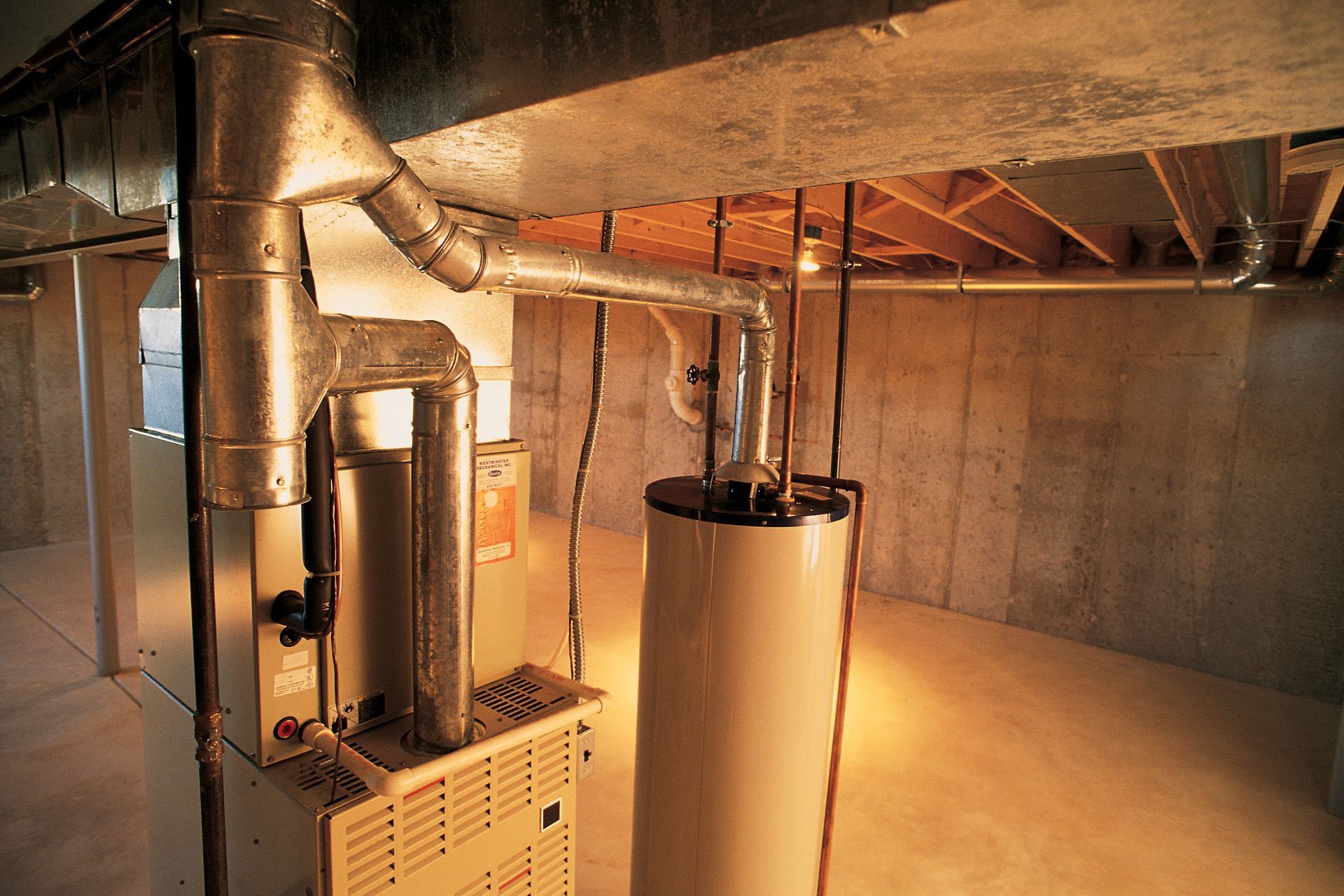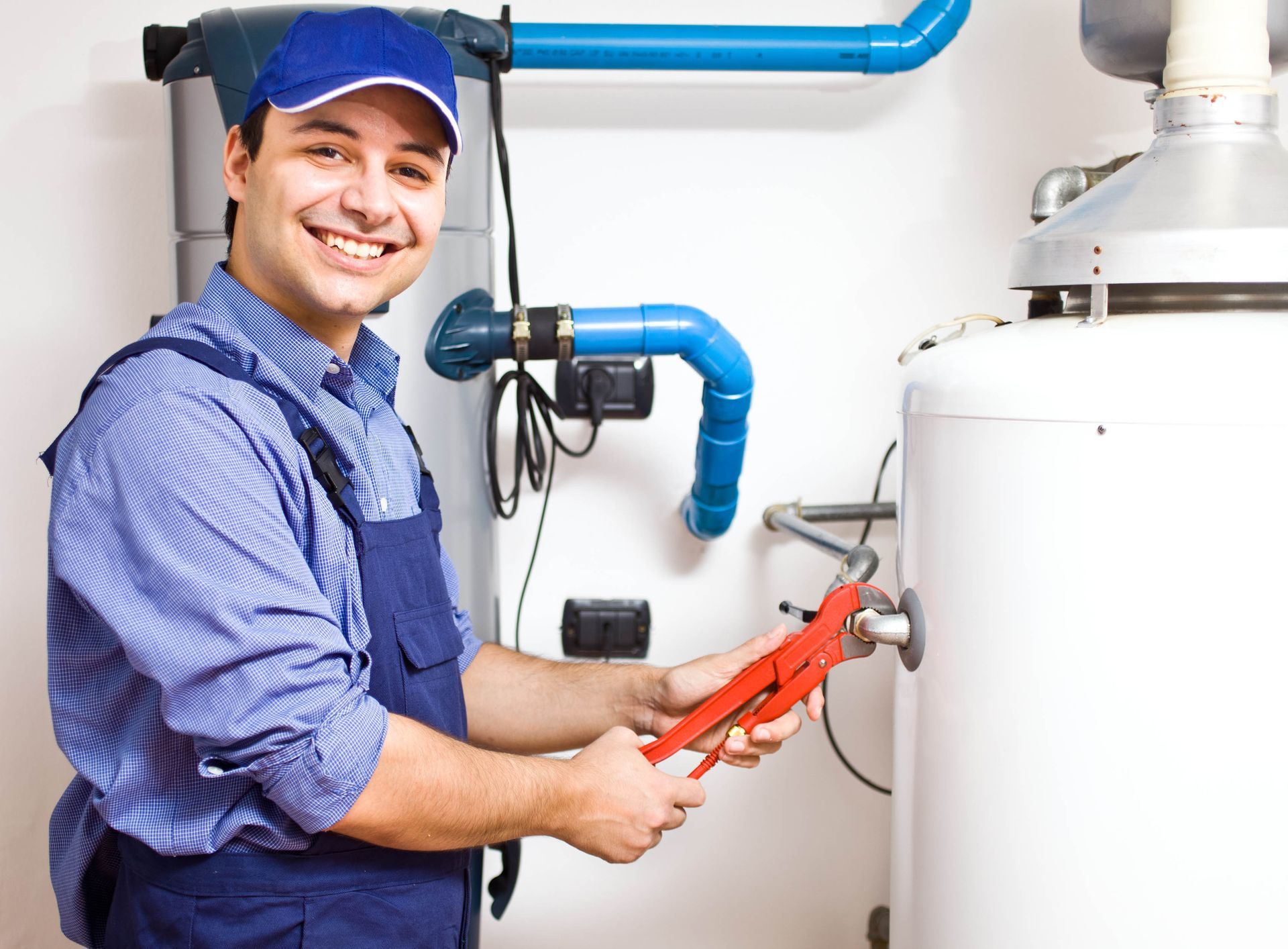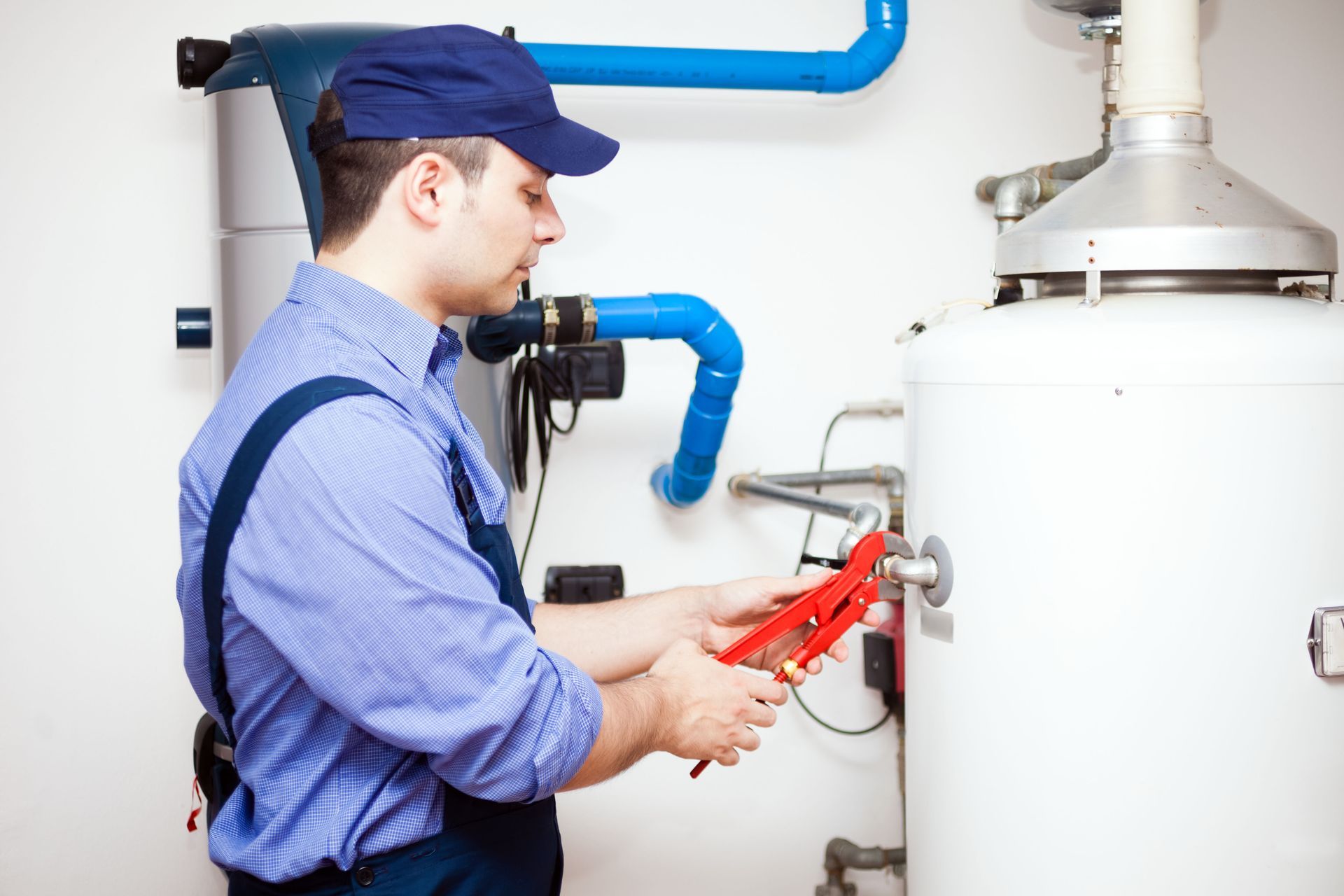By Nicole Buchanan | August 19, 2025
August 19, 2025
Water heaters are essential appliances in modern homes, providing comfort and convenience through hot water for bathing, cleaning, and cooking. Despite their significance, they are often overlooked until a problem arises. Ignoring water heater repairs can lead to a range of issues, from reduced efficiency and increased costs to severe safety hazards. This article highlights the hidden dangers of neglecting water heater maintenance and proposes best practices for keeping these vital systems running smoothly.
Prioritizing Regular Maintenance
Prolonging the Lifespan of Your Water Heater
Regular maintenance is critical for prolonging the life of your water heater. Over time, sediment can build up within the tank, causing corrosion and reducing the overall efficiency of the unit. Scheduling periodic inspections can help identify and address these issues before they lead to more substantial damage. In contrast, neglecting maintenance can significantly shorten the appliance's lifespan, forcing homeowners to replace units prematurely. According to the U.S. Department of Energy, tankless water heaters can last more than 20 years, compared to storage water heaters that will need to be replaced after 10 to 15 years. This stark difference underscores the value of proper upkeep and informed choices when selecting and maintaining a water heating system.
Maintaining Energy Efficiency
Energy efficiency is another compelling reason to focus on regular maintenance of your water heater. Sediment buildup not only damages the tank but also forces the heater to work harder, thereby consuming more energy. By removing this sediment and performing routine checks, you can maintain the unit's efficiency, ultimately reducing energy bills. Frequent tune-ups ensure that the heater operates at optimal performance, which is particularly crucial in tankless models renowned for their efficiency. Overall, proactive maintenance aids in maintaining low energy consumption while delivering consistent performance.
Recognizing the Risks of Malfunctioning Water Heaters
Preventing Water Leaks and Property Damage
One of the most immediate dangers of an improperly maintained water heater is the risk of water leaks, which can cause extensive property damage. Leaks can occur due to rusty or corroded tanks, loose fittings, or faulty valves, resulting in water seeping into walls, floors, and ceilings. Such damage can lead to costly repairs and significant structural harm if left unaddressed. Regular inspections can help detect and prevent leaks by identifying wear and tear early. By addressing even minor leaks promptly, homeowners can protect their property from more severe and expensive damage.
Avoiding the Development of Mold and Mildew
Water leaks from malfunctioning heaters can quickly lead to the development of mold and mildew, posing health risks to household occupants. These fungi thrive in damp, warm environments and can spread through homes, causing respiratory issues and other health complications. Promptly repairing leaks, addressing excess moisture, and ensuring proper ventilation can prevent such problems from taking hold. Regular maintenance can eliminate sources of dampness, reducing the risk of microbial growth. Preventing mold and mildew not only protects the physical structure of the home but also promotes a healthier living environment for all residents.
Reducing the Risk of Water Heater Explosion
While rare, water heater explosions can occur when excessive pressure builds up due to poorly maintained safety mechanisms such as pressure relief valves. These explosions can cause significant damage to property and pose severe risks to the safety of occupants. Regular inspections can identify failed safety features before they contribute to hazardous conditions, reducing explosion risks. Routine care, paired with installing modern safety features, helps maintain safe and effective operation. Addressing safety concerns not only prolongs the life of the system but also safeguards the home against potentially dangerous situations.
Identifying Common Problems and Consequences
Avoiding Sediment Buildup and Inefficiency
Sediment buildup is a common issue in water heaters, occurring when minerals in water settle at the bottom of the tank. This accumulation can lead to numerous problems, including increased noise, reduced heating efficiency, and damage to the tank lining. As the sediment layer thickens, it reduces the efficiency of the heating element, leading to longer heating times and higher energy costs. Regularly flushing the tank helps to remove accumulated sediment, preserving the heater's efficiency and lifespan. Maintaining a clean tank ensures the optimal performance of the water heater and prevents costly repairs or replacements.
Preventing Corrosion and Rusting Tanks
Corrosion and rust are significant threats to the integrity of water heater tanks, often resulting from neglected maintenance. Corrosion weakens the tank material, leading to leaks and potential breaches that require costly repairs or replacements. Anode rods, installed to prevent corrosion, must be inspected and replaced regularly to protect the tank from rust. Ignoring these measures can shorten the heater's lifespan significantly and increase the likelihood of leaks and failures. Maintaining the condition of anode rods is a crucial aspect of preventing corrosion-related issues, ensuring the long-term functionality of the water heater.
Understanding Environmental Concerns and Energy Waste
Reducing the Environmental Impact of Inefficient Water Heaters
Inefficient water heaters significantly impact the environment, consuming more energy and contributing to greenhouse gas emissions. As these units work harder due to issues like sediment buildup, they require increased energy inputs, often from non-renewable sources. This inefficiency results in higher carbon footprints, exacerbating climate change. Eco-friendly alternatives, such as tankless water heaters, provide a more sustainable solution by offering improved efficiency and reduced emissions. Ensuring efficient operation through regular maintenance helps lessen environmental impacts and promotes sustainable energy use.
Addressing Water Conservation Issues
Neglected water heaters can also contribute to water waste, as inefficient systems may produce inconsistent temperatures that lead to excessive usage. Waiting for water to heat up or misjudging required temperatures often results in wasted water. Regular maintenance ensures proper operation, helping to conserve water and reduce utility bills. Modern, efficient water heaters are designed to reduce waste while providing consistent and reliable hot water. By prioritizing maintenance and investing in energy-efficient upgrades, homeowners can significantly decrease their water usage and environmental impact.
Following Best Practices for Water Heater Maintenance
Scheduling Regular Inspections and Tune-Ups
Regular inspections and tune-ups are critical in ensuring the longevity and efficiency of a water heater. Annual check-ups by a professional can identify wear and tear, addressing issues before they lead to larger problems. These inspections typically involve checking elements such as the thermostat, tank, valves, and overall functionality. Timely tune-ups can adjust issues like temperature settings and sediment removal, ensuring the system operates optimally. Investing time in these practices guarantees reliable performance and extends the heater’s lifespan, offering peace of mind to homeowners.
Flushing the Tank to Remove Sediment
Flushing the tank is an essential maintenance task to prevent sediment buildup, which affects heating efficiency and can damage the appliance. This process involves draining the tank completely, thereby removing settled minerals and debris. Performing this task annually can preserve the tank’s integrity, preventing corrosion and leaks. Ignoring sediment buildup can lead to increased energy consumption and reduced hot water supply. Regular flushing maintains efficient operation, prolonging the heater's lifespan and ensuring a consistent flow of hot water.
Hiring Qualified Professionals for Repairs
Hiring qualified professionals for repairs and maintenance is an investment in the longevity and safety of a water heater. Professional technicians have the expertise and tools to diagnose and resolve issues effectively, ensuring the system's reliable performance. Attempting do-it-yourself repairs can result in further damage or safety risks if not handled correctly. Professionals provide informed recommendations, ensuring repairs are timely and appropriate. Trusting experts for water heater repairs guarantees efficient service, protecting your investment and ensuring household comfort and safety.
The hidden dangers of ignoring water heater repairs emphasize the need for proactive care and consistent maintenance. From extending appliance lifespan to safeguarding your home from costly damage and safety hazards, staying ahead of potential issues pays off in the long run. By following best practices and addressing problems promptly, you ensure dependable performance and peace of mind. Trust the professionals at Service Solutions to handle all your water heater repair and maintenance needs with precision and care. Schedule your inspection today and protect both your comfort and your investment.






